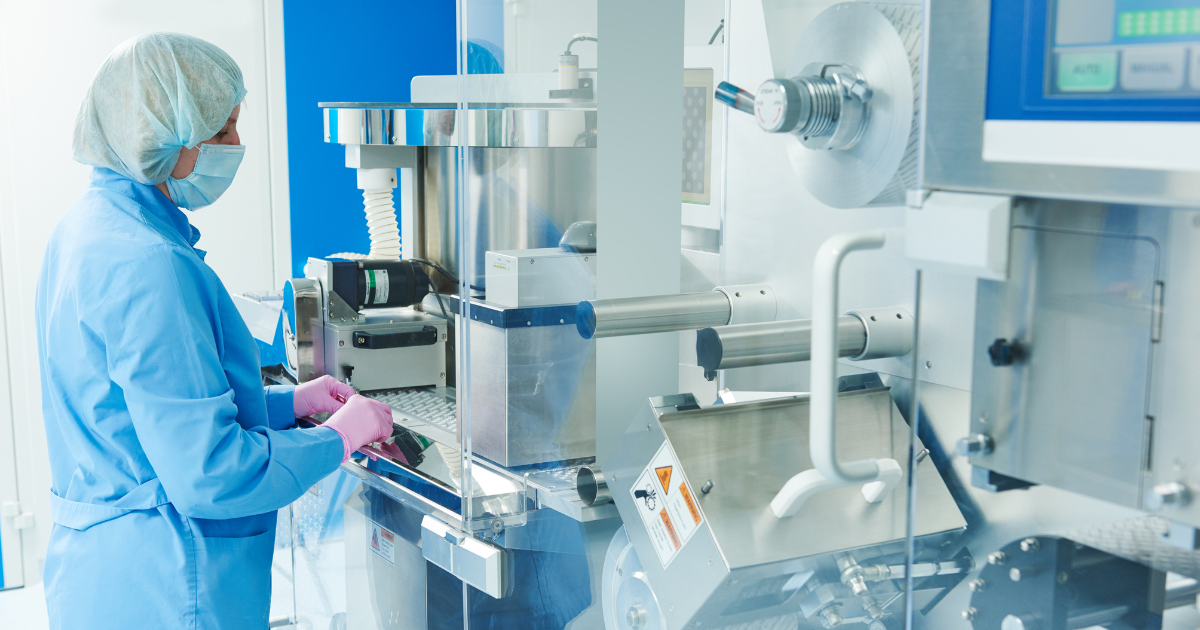The production of good quality pharma products, i.e. drugs, vaccines and medical devices, relies on excellence in manufacturing processes. This is the number one goal of Process Validation; it is a critical stage of pharmaceutical production and a Process Validation Engineer’s job to oversee this. Let’s look into what exactly Process Validation is, what a Process Validation Engineer does and why it is important.
Process Validation Definition
Process Validation is a step-by-step procedure that observes, documents and evaluates the manufacturing process of a product, ensuring that what is being produced is of the highest quality. In this area of pharmaceutical manufacturing, the main goal is to ensure that the medical product’s performance is consistent from batch to batch. Process Validation falls within the realm of a Quality Assurance department’s duties.
What does a Process Validation Engineer do?
It is a Process Validation Engineer’s job to make sure that these manufacturing processes are up to regulation, and that the finished products are consistently meeting established standards and customer expectations. Not only do they test procedures, but the job of a Process Engineer is document, review and recommend improvements that can be made.
Three Stages of Process Validation
- Process Design: In this stage, a mass-scale manufacturing process is developed so that quality and consistent medical products can be manufactured at a commercial level. Before this stage, the drugs being manufactured have only been done so at a small scale to go through clinical trials.
- Validation of Manufacturing Process: This is where the manufacturing process is evaluated. Data is collected and reviewed at various stages of the manufacture to ensure consistency in the product. This stage is also really helpful to establish contingency plans for situations where something could go wrong.
- Ongoing Process Verification: This refers to the continuous validation measures that happens during commercial production of drug products. Here, Validation Process Engineers check in to see that the manufacturing procedure is continuously delivering a high-quality product. If there have been any deviations during production, they can be found during this stage.
Why is a Process Validation Engineer’s job important?
So, we know that process validation ensures that procedures are being followed during drug manufacture. But why is a Process Validation Engineer’s job important in a pharmaceutical – and indeed, wider life sciences – setting?
Protect Public Health: Above all, drug manufacturers want to protect and even enhance public health. After all, medical devices or drug products are made with the intention to improve the wellbeing of lives, not harm them. By validating the process that creates these products, drugs companies and consumers can rest assured that their product is reaching a required standard that dictates the drug is safe to consume.
Safety Regulations: The MRHA is a regulatory body that monitors and approves the medicines and medical devices in the UK. They work by cGMP principles, and it is up to the drug companies to ensure that their products follow these guidelines. There is a high price to pay for not doing so – not only legally and financially, but an organisation can suffer huge reputational damage for noncompliance.
Continuous Improvement: By measuring and reporting on the manufacturing process throughout production, a Process Validation Engineer is also able to monitor any changes that are happening over time. It allows the company to get ahead of any mishaps before drugs reach the market and make consistent improvements to quality.
The Devonport Incident
The importance of process validation measures stems from a significant pharmaceutical disaster in the 1970s. Known as the ‘Devonport Incident’, five patients lost their lives as a result of a manufacturing error that contaminated the bottles dispensing a meal replacement solution. It became apparent during investigations that a machine fault during the manufacturing process had disrupted the bottles’ sterilisation. Because processes were not regulated to the standard they are today, the error was not detected until it was too late. Since then, GMP practices and validation procedures have come a long way so that similar situations can be avoided, and today, a Process Validation Engineer’s job is considered very important.
Are you looking for a Process Validation Engineer job?
QCS Staffing is an award-winning life sciences recruitment agency. We understand the importance of quality in the industry, and that is why we ensure that we deliver only the very best recruitment solutions. Having worked with some of the world’s largest Life Science’s CapEx projects, we hold a significant place in the recruitment of Commissioning, Qualification and Validation professionals. If you are looking for your next Process Validation Engineer job, why not take a look at our latest vacancies, or get in touch today.





